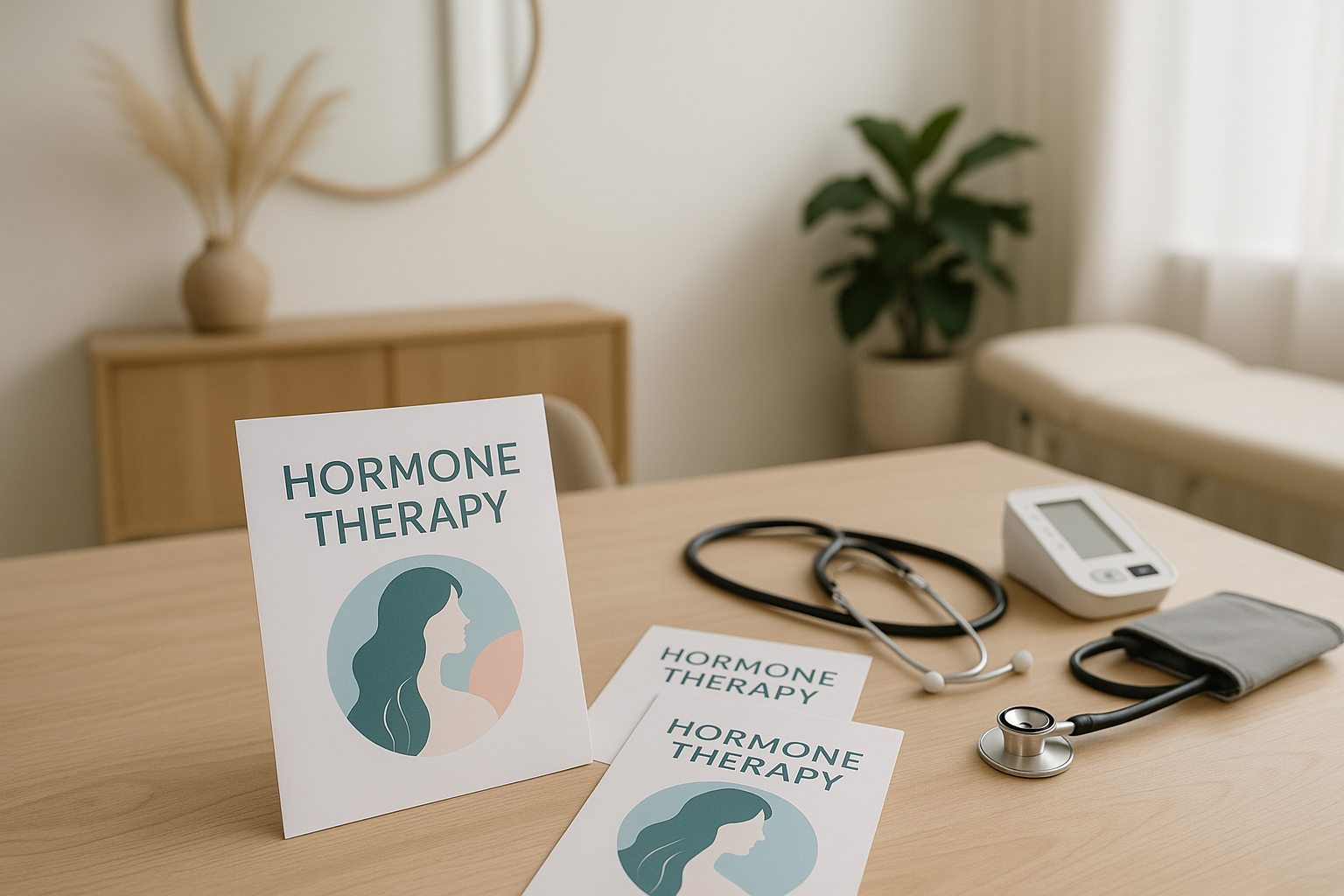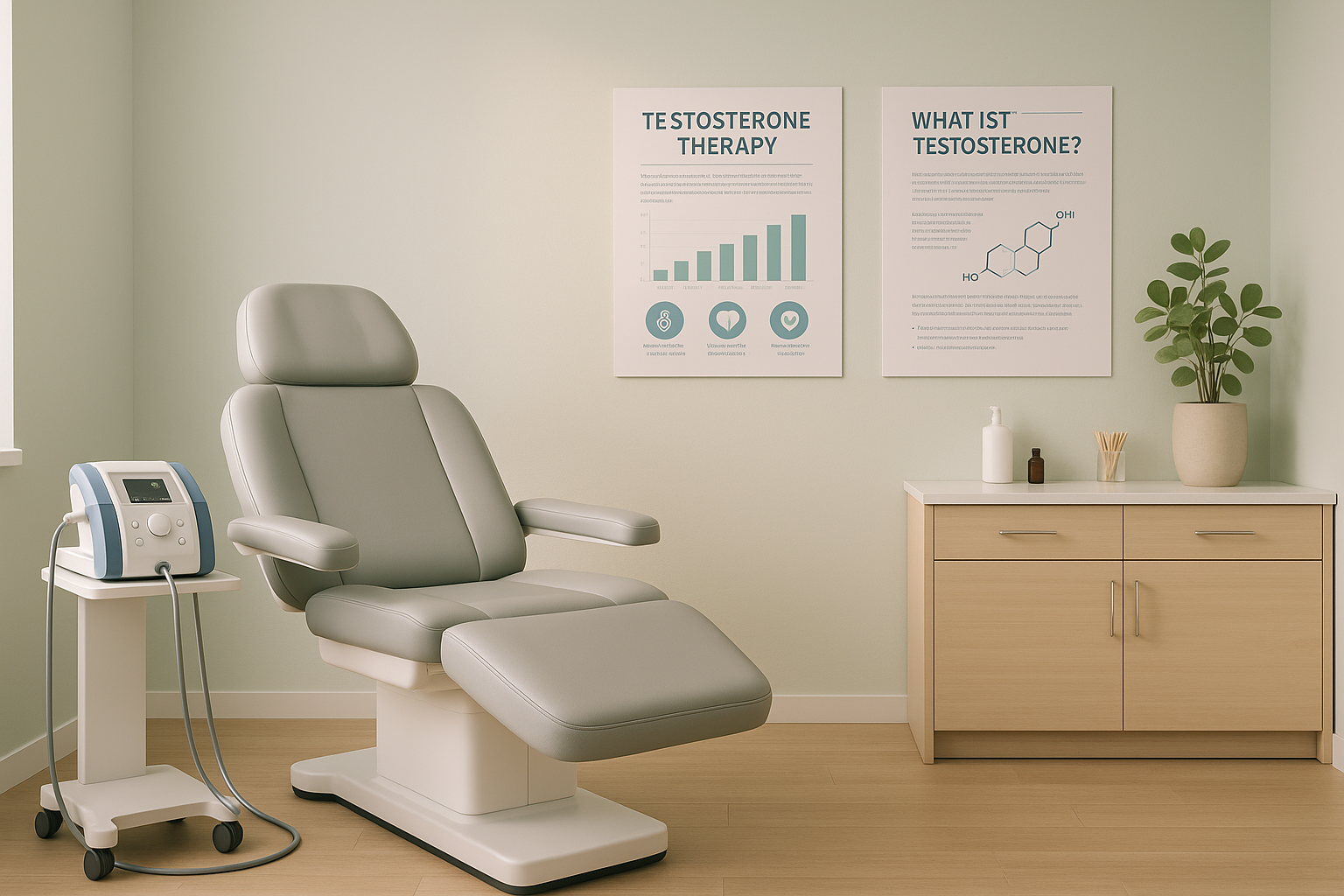Stay Healthy Secrets Experts Use for Disease Prevention
Discover the secrets experts use to stay healthy and prevent disease, and see these options that can transform your wellness journey into a proactive and informed lifestyle.
The Importance of Disease Prevention
In today's fast-paced world, maintaining good health is more crucial than ever. Disease prevention not only enhances your quality of life but also reduces healthcare costs and increases longevity. By understanding and applying the strategies that health experts use, you can take control of your health and minimize the risk of chronic illnesses such as heart disease, diabetes, and cancer.
Nutrition: The Foundation of Good Health
Experts agree that a balanced diet rich in fruits, vegetables, whole grains, lean proteins, and healthy fats is fundamental to disease prevention. Consuming a variety of nutrient-dense foods provides your body with essential vitamins and minerals that boost your immune system and repair cellular damage. For instance, the Mediterranean diet, which emphasizes olive oil, fish, and plant-based foods, has been associated with a lower risk of heart disease1. By browsing options for meal planning, you can tailor your diet to meet your health goals.
Regular Physical Activity
Incorporating regular exercise into your routine is another key strategy for disease prevention. Physical activity helps maintain a healthy weight, improves cardiovascular health, and reduces the risk of type 2 diabetes and certain cancers. The World Health Organization recommends at least 150 minutes of moderate-intensity aerobic activity per week2. Whether you prefer to search options for gym memberships or explore home workout programs, staying active is essential for long-term health.
Stress Management: A Hidden Factor
Chronic stress can negatively impact your health, leading to conditions like hypertension and depression. Experts suggest techniques such as mindfulness, meditation, and yoga to manage stress effectively. These practices not only improve mental well-being but also enhance physical health by reducing inflammation and boosting the immune system3. Explore various stress management options to find what works best for you.
The Role of Preventive Healthcare
Regular check-ups and screenings are vital components of disease prevention. Early detection of potential health issues allows for timely intervention and treatment. For example, routine blood pressure and cholesterol checks can help prevent heart disease, while mammograms and colonoscopies are crucial for early cancer detection4. By visiting websites of healthcare providers, you can find preventive services tailored to your needs.
Vaccinations: A Proven Defense
Vaccinations are a powerful tool in preventing infectious diseases. Immunizations have successfully eradicated or reduced the prevalence of illnesses such as measles, polio, and influenza. Staying up-to-date with recommended vaccines protects not only you but also those around you by contributing to herd immunity5. Follow the options for vaccination schedules and locations to ensure you and your family are protected.
By adopting these expert-backed strategies, you can significantly reduce your risk of disease and enjoy a healthier, more vibrant life. Whether it's through nutrition, exercise, stress management, preventive healthcare, or vaccinations, there are numerous options to explore that can enhance your well-being. Take the first step today by visiting websites and searching for resources that align with your health goals.
References
- Harvard Health Blog: The Mediterranean Diet
- World Health Organization: Physical Activity
- NCBI: Mindfulness and Health
- CDC: Prevention
- CDC: Vaccines and Preventable Diseases




